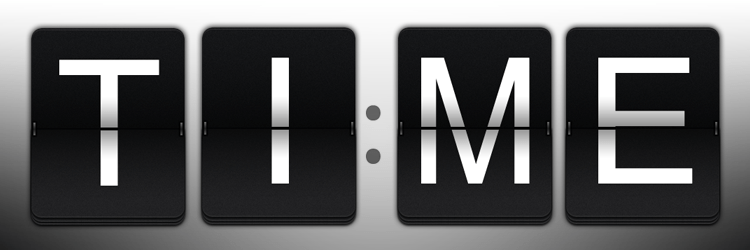Orders, consults, notes.
These are your priorities.
Sounds simple enough.
But do not forget,
Pre-rounding, rounding, pimping.
You must be prepared!
Oh, and one more thing,
Is the discharge summary.
When will it be done?
Additionally,
We have noon academics.
You cannot be late!
Did you get lunch yet?
Why didn’t you just bring one?
Just get something quick!
We have another call,
It’s the emergency room.
There’s one in room 12.
By the way, med stud,
We have a sign-out scheduled soon:
Will you be ready?
Clerkship year hits fast.
But just remember three things:
Orders, consults, notes.
A phrase that is commonly echoed throughout the early years of medical education is the idea of “orders, consults, notes.” These three things are organized in priority of how they should be completed, with orders being first and foremost. Some examples of orders include requesting labs or medications that patients may need to get better. The second most important tasks are consults, which boils down to calling other specialties within the hospital to help solve clinical questions. An example includes talking to orthopedic surgery about a broken bone. Notes are the next most essential as they ensure consistent documentation of a patient’s medical history and treatment. They allow others in the treatment team to understand what the plan will be for the patient. By keeping these three tasks in this order, interns and medical students better understand the flow of how work should be completed in order to get patients treated in a timely manner.
However, simplifying expectations down to three tasks satirically undercuts the actual burden and complexity of what it means to be a medical student or intern. The sheer amount of duties and commitments can be daunting for both, as expectations and responsibilities rise with seniority. The first haiku establishes a false sense of simplicity in terms of obligations; this is quickly complicated by the tasks in the following haikus. In a sense, the haikus figuratively (and literally) build upon one another to represent the daily pressure that interns and medical students must endure. The questions throughout the poems symbolize the constant questioning and inadequacy one may feel as a medical trainee first starting out. These questions often go unanswered as demonstrated in haikus three and seven and only worsen self-doubt.
Interestingly enough, the terms “med stud” and “clerkship” within haikus seven and eight can both be interchanged for “intern” while maintaining the syllable integrity of the poems. This ability to interchange words reflects that these feelings of self-doubt can be felt at multiple levels of training. In a sense, this poem applies to all medical trainees that feel burdened and helps to normalize the doubt that one may experience while learning to practice medicine. Ultimately, this poem seeks to expose that there is more to medicine than just orders, consults, and notes. Although self-doubt will be present, it is more common than expected.
Image credit: time by Sean MacEntee is licensed under CC BY 2.0.

